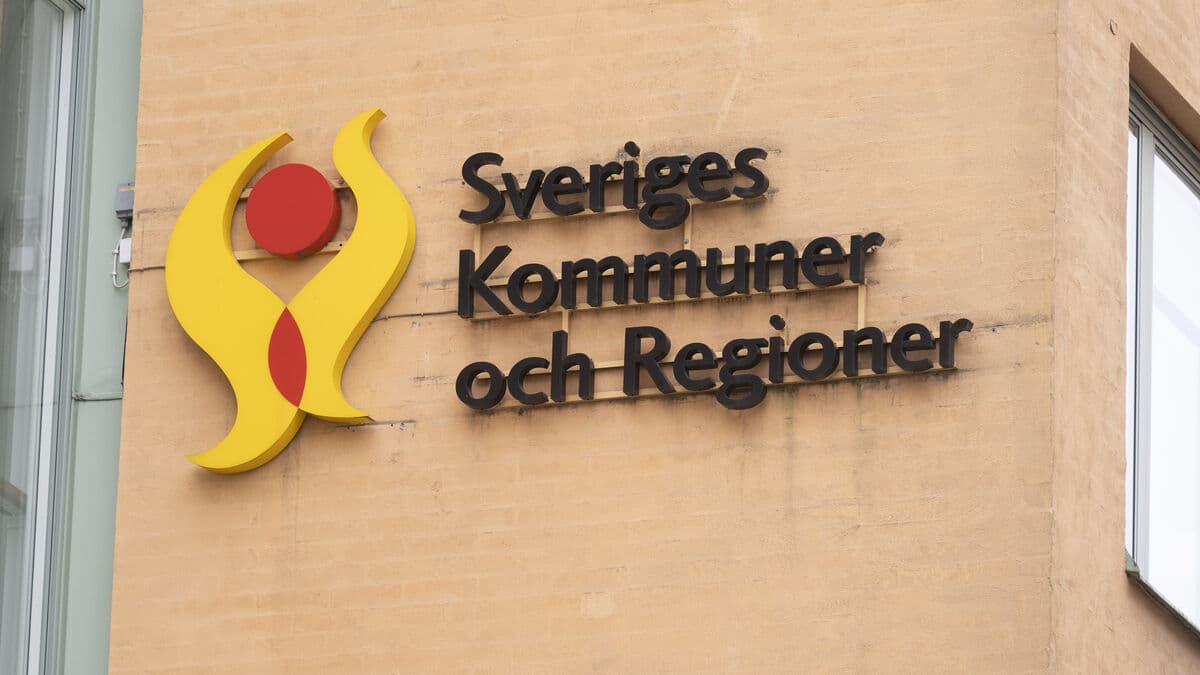Next summer, the salary requirement will be increased, but the increase will not be as large as previously stated. The new requirement will be 90 percent of the median salary, which means a monthly salary of 33,390 kronor.
The Swedish Association of Local Authorities and Regions believes that the increased maintenance requirement weakens the Swedish labor market.
"It's really hard to understand why the government chooses to shut out labor that is so clearly needed," says Anders Henriksson, chairman of the Swedish Association of Local Authorities and Regions, in a press release.
"Let the labor market parties handle wage formation through collective agreements, even when it comes to labor immigration," he says further.
Both Almega and the Industrial Employers believe that a wage floor of 90 percent is better than the 100 percent that was previously announced, but it is still an increase.
"The government repeats and worsens the interventions in the Swedish wage formation model. A wage floor of 90 percent is still political control of wages - something that threatens both the industry's competitiveness and the party model," says Per Hidesten, CEO of the Industrial Employers, in a press release.
"It will become more difficult to come to Sweden and work, even in professions where there is a shortage of labor," says Fredrik Östbom, chief of business policy at Almega.






